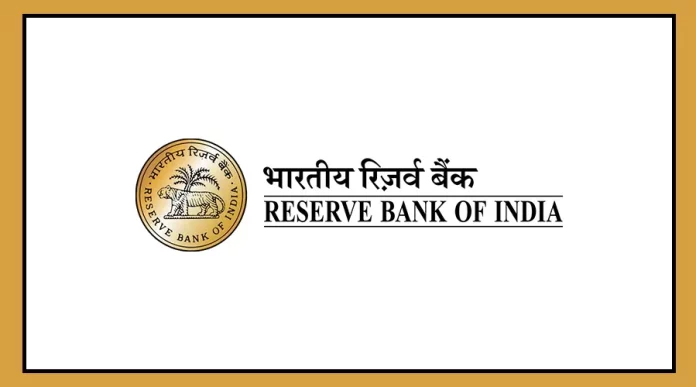Talking about the RBI’s decision, Reserve Bank of India Governor Shaktikanta Das mentioned that because more people are using tokenization of card data and finding it helpful, the RBI will introduce a process called Card-on-File Tokenization (COFT) directly at the issuer bank level. They are also considering starting related services.
The RBI Governor mentioned that they are planning to allow the creation of COF tokens directly from the bank that issues the cards.
This will make it easier for cardholders to create tokens and connect them to their accounts on different online shopping apps. They will provide more details about this soon.
Right now, you can only make card-on-file (COF) tokens using the merchant’s app or website.
The RBI introduced Card-on-File Tokenization (COFT) in September 2021 and began using it on October 1, 2022.
Up to now, over 560 million tokens have been made, and transactions worth more than Rs 5 trillion have been completed.
What is Tokenization?
Tokenization services create a special code to make card transactions easier.
It replaces the 16-digit customer card number with a safe code called a token.
This way, a customer’s card details won’t be visible to any merchant, payment gateway, or other parties involved in digital transactions.
RBI extends PIDF Scheme
The RBI also said they will continue the Payments Infrastructure Development Fund (PIDF) scheme for two more years and include people who benefit from the PM Vishwakarma Yojana.
Shaktikanta Das mentioned that there’s a plan to continue the PIDF scheme for two more years, until December 31, 2025.
They’re also thinking about including people who benefit from the PM Vishwakarma Yojana in all the centers covered by the PIDF scheme.
This move to expand the number of people who can benefit from the PIDF scheme will help the Reserve Bank encourage digital transactions in local communities.
The RBI’s decision to extend the Payments Infrastructure Development Fund (PIDF) scheme for two more years is a good move.
It shows the regulator is dedicated to making digital payments more widespread and accessible.
We, as a leading payments company, are excited to do our part in expanding digital payment options in specific areas.” – Ramesh Narasimhan, CEO, Worldline India
RBI raises the limit for gold loans with bullet repayment
The RBI has raised the gold loan limit to Rs 4 lakh for urban cooperative banks under the Bullet Repayment Plan, doubling the previous limit.
